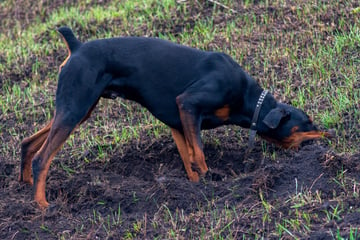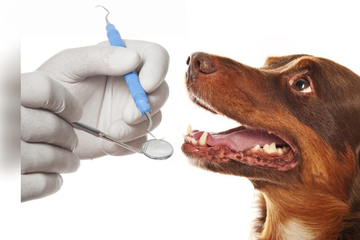What smells do dogs hate? Dog-repelling odors and scents that can poison your pooch
A dog's sense of smell is incredibly important for their orientation within the environment. This also means that the smells your dog hates indicate something seriously unpleasant or even dangerous for them. Let's take a look at what smells dogs don't like.
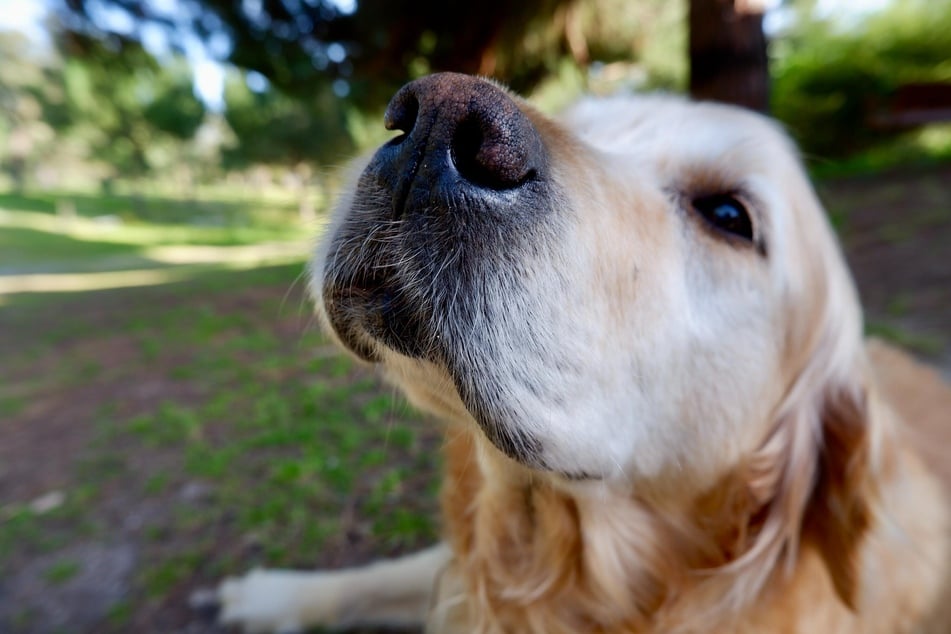
We all know that dogs and cats alike have a much stronger sense of smell than we do. On the one hand, that means they can sniff out food a mile off. On the other, they also to suffer through far more unpleasant odors than we could even imagine. Don't like the smell of something? For your doggo, that stench will be 10 times as strong!
Yes, smell is subjective to certain dogs, and a dog's sense of smell is somewhat dependent on its breed, due in part to the size and shape of its nose. But that doesn't mean that there aren't a few smells that all dogs hate.
Smell plays a huge role in a dog's life, so knowing what they hate the scent of and what is legitimately of concern, is incredibly important.
Some of these smells are simply icky for our doggos, but others are dangerous. The TAG24 dog guide is here to help you tell the difference between the two and explain why it matters.
How do you know your dog doesn't like a smell?
Dogs aren't exactly subtle creatures. They wear their emotion on their sleeves and can be whiny little things when they're unhappy. In other words, it's pretty obvious when a dog hates a smell, and you're not going to be left wondering.
A couple symptoms in dogs experiencing unpleasant smells include:
- Squinting of their eyes
- Incessant snorting
- Repeated sneezing
- Rubbing and scratching of the muzzle
- Discharge from the nose (snot)
If your dog is suddenly sneezing and has developed a seriously runny nose, or if it is showing other signs of inflammation, you should take it immediately to the vet.
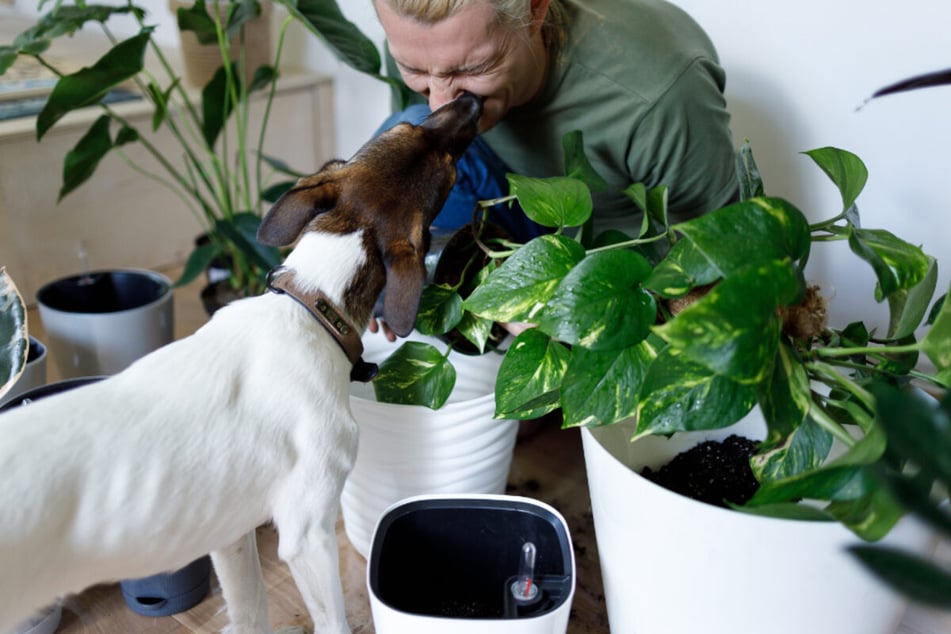
What scents do dogs hate and what smells repel dogs?
Smells perform a vitally important function in a dog's life. It's like a human's sight or hearing, absolutely critical for its every day life. As such, a bad smell can be extremely unpleasant for these little dudes, and should be avoided as much possible. The problem? Well, it turns out that humans and hounds have wildly different tastes when it comes to odors.
You love the smell of oranges, don't you? How about burning essential oils? These scents are actually despised by our four-legged friends, and can in many cases cause a great deal of distress. On the flip side, though, if you're not a dog fan, then these same smells can be used as a pretty effective deterrent.
Let's take a closer look at these dog repellents.
Dogs hate the smell of essential oils
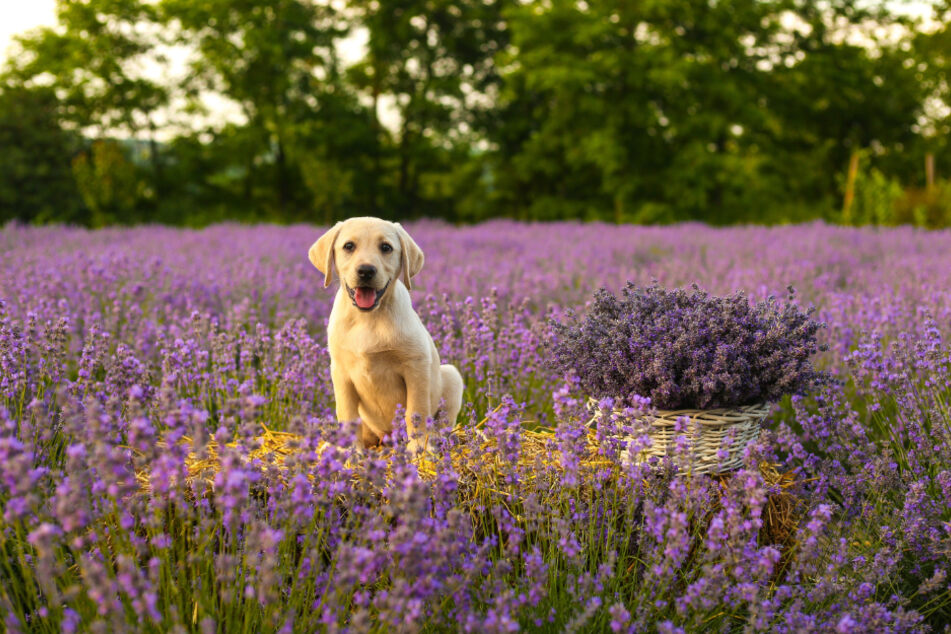
Essential oils can be found in perfume, scented candles, aroma diffusers and anti-insect candles. These scents, made to be appealing for humans, can be serious distressing for our poor pooches. Why are they so horrible, though? Well, because the smell of essential oils are often far too intense for a dog's incredibly sensitive nose.
Some essential oil smells dogs hate:
- Peppermint
- Lavender
- Basic
- Lemongrass
- Tea tree oil
Tea tree oil is especially bad for dogs, as it can also cause skin irritation if a dog touches some, and can poison them if they consume it. Just keep a general rule of make sure that your dog stays away from essential oils, scented candles, and perfumes.
Before using essential oils in your home, make sure to consult your veterinarian to determine which ones are safe, and which ones are unpleasant, for your beloved doggo.
Top tip: If you want to keep other people's dogs away from you during a stroll in the park, heavily scented essential oils and perfumes can be used as a deterrent.
Citrus fruits and vinegar are smells dogs hate

Citrus fruit is a great way to make your house smell sweet and fresh. The smell of lemon, for example, is so appealing that people use it for all sorts of room sprays, cleaning agents and perfumes.
Unfortunately, dogs absolutely hate the smell of citrus and will find these odors anything but appealing.
If you've got a canine companion, it's best to avoid using cleaners that include the smell of citrus fruit like oranges, tangerines, lemons, and limes. Try not to leave cut fruits sitting around, either.
On top of being unpleasant for dogs, their acidic nature of such fruit can also cause irritation in dogs.
Dogs hate the smell of mothballs

Dogs truly despise moth balls, moth paints, and other moth control products. This is because many of them contain a chemical called naphthalene, which emits an intense odor that is extremely unpleasant for dogs. The consumption of this chemical is also seriously toxic for your pooch, so take them off your shopping list altogether.
Instead of moth balls, try lavender to deter moths if you have a dog.
This still won't be your dog's favorite smell, but it will definitely hate it less than mothballs and it also has the added benefit of not being toxic.
How to repel dogs with smells they don't like
If you're a bit scared of dogs, or perhaps just want them to stay away, then using smells that they hate is a great way to making sure they'll stay away.
It's important to stress that you should never use something that could be potentially harmful to a poor pooch who comes into contact with you.
Instead, choose essential oils and perfumes that repel dogs, but don't actively hurt them. Alternatively, use citrus fruit, as these can be transported easily, smell lovely to us humans, and can be munched on with barely a moment's notice.
There's nothing shameful about wanting to avoid dogs. Using safe, strong-smelling deterrents is a great way to do this.
What smells are dangerous for dogs?
Most smells are pretty safe for dogs, even if they hate them. There are some, though, that are produced by things that could potentially be toxic if they come into contact with your poor little pooch. What smells do dogs hate because they are dangerous? Let's take a look at a few examples.
Ammonia is hazardous for dogs
The smell of ammonia is not only seriously unpleasant for dogs, but can cause irritation of the nose and make our pooches sneeze repeatedly. This chemical is often used in the fertilizers we spray on houseplants, and should be avoided if you own a dog.
Instead, use natural fertilizers like ground coffee or horse manure. Dogs might hate these smells too, but they won't cause any harm.
Cigarette smoke is dangerous for dogs

Smoking is not only terrible for us humans, but also for the health of our pets. The smell of cigarettes is seriously bad for dogs and can cause irritation to their eyes and noses. In the end, though, the real danger is the toxins that may be ingested through breathing in second hand tobacco smoke.
Just like in people, second hand smoke can lead to nasal and lung cancer in dogs. This is one of many good reasons not to smoke indoors.
In fact, don't smoke around your dog at all because the nicotine in cigarettes is also seriously toxic.
Hot spices can be uncomfortable for dogs

If you like to cook, then you're probably also into adding a little bit of spice to the feast. The added zing that various spices add to our food is incredibly pleasurable for us humans, but is hated by dogs.
The smell of chili, cayenne pepper, bell peppers, chili powder and garlic can all irritate your dog's nasal mucosa and cause inflammation. Cloves and cinnamon are also far from favorites.
It's no wonder dogs are put off by these smells.
As a result, try to avoid cooking with these spices when your dog is around. What's more, if they're consumed by accicent, they can actually cause a great deal of harm.
Keep in mind: Dog owners should always wash their hands thoroughly after cooking and baking, just in case an ingredient they have used is toxic or unhealthy for their dog.
Smells dogs hate to stop peeing
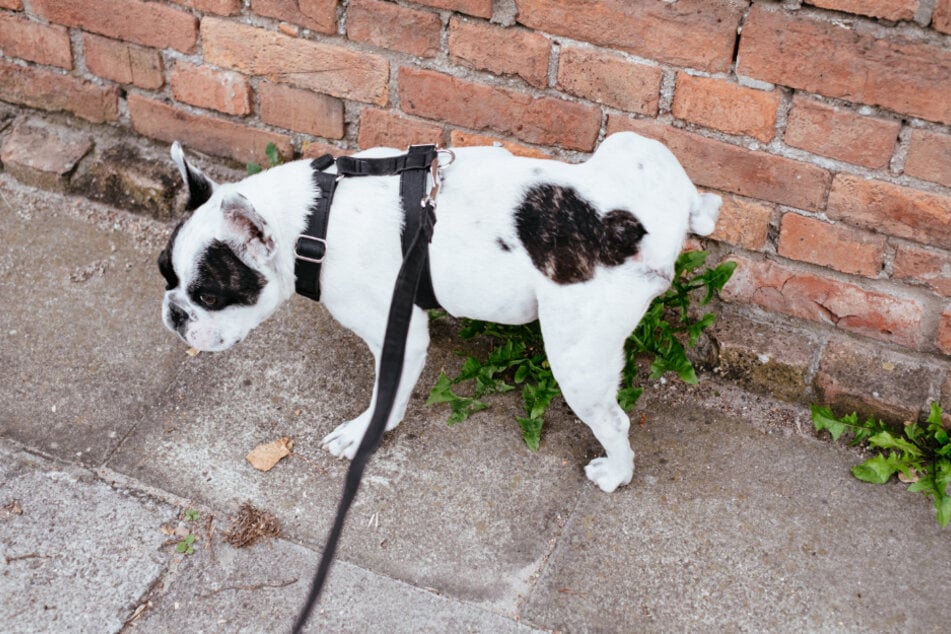
You can take the advantage of dogs hating certain smells to protect certain areas of your home or garden from being peed on by your four-legged friend. Simply place a few of these home remedies in the spots you want to be left unsoiled, and they will do a world of good.
Here are a few suitable home remedies to try out:
- Spread grated peel of citrus fruits
- Plant lavender or mint, or drizzle scented oils on the area
- Spread spices, coffee grounds, or horse manure on the floor
- Spray a mixture of vinegar and water (mixed in a 1:5 ratio)
Please note: Vinegar and citric acid can cause damage to textiles and other materials, so don't use these remedies on any valuable furniture.
Round-up: What do dogs hate the smell of?
Many things can trigger our four-legged friends. They have sensitive noses and cautious personalities, and are scared of anything they perceive as dangerous – even if that thing is the smell of an orange.
All dog owners should be considerate of these facts and make sure that anything dangerous or unpleasant is removed from their pets' immediate environment. And as always, if you're ever concerned for your dog's health, take it to the vet as soon as possible!
Cover photo: unsplash/Zé Ferrari Careto


